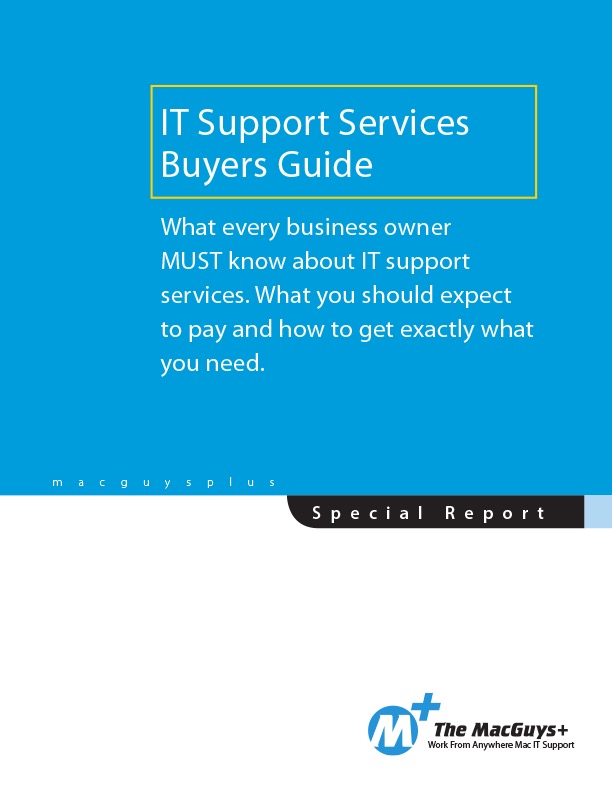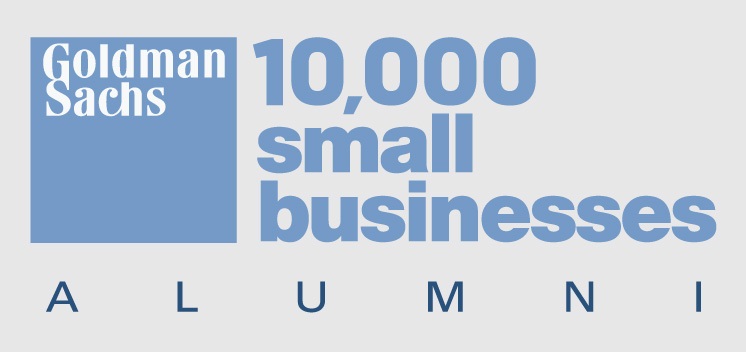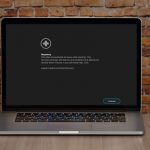
How the Scam Works
- Professional formatting and logos
- Spoofed email addresses (e.g., @deltacom.com instead of @delta.com)
- "Your Trip to Miami Has Been Confirmed! Click Here for Details."
- "Action Required: Confirm Your Hotel Stay"
- "Your Flight Itinerary Has Changed – Click for Updates"
- Login credentials for airline or hotel accounts
- Credit card or payment information
- Access to your device or network via malware
- Book fraudulent charges on your credit card
- Access and misuse of travel or financial accounts
- Infect your computer or mobile device with malicious software
Why These Scams Are So Effective
- They look real: Scammers use logos, layouts, and language that mirror actual confirmation emails.
- They create urgency: Phrases like "flight change" or "action required" prompt quick clicks.
- They catch people off guard: It's easy to let your guard down, whether you're excited about a trip or busy with work.
This Isn't Just a Personal Problem—It's a Business Risk
- Expose your company's credit card to fraud
- Compromise corporate travel or financial accounts
- Introduce malware into your business network
- Verify before clicking: Always go directly to the company's website instead of using links in emails.
- Check the sender's email address: Look closely for subtle misspellings or suspicious domains.
- Train your team: Anyone involved in booking or expense management should know what to look for.
- Enable multifactor authentication (MFA): It adds a second layer of protection, even if passwords are stolen.
- Strengthen email security: Use filters and advanced threat protection to block suspicious messages.
Don't Let a Fake Email Derail Your Summer—or Your Business
- ______________________________________________________________
Need help? Contact The MacGuys+ at 763-331-6227
Top-notch IT support for Mac-based businesses in Minneapolis, St. Paul, Twin Cities Metro, Western WI, and beyond. Enjoy seamless nationwide co-managed Mac IT support for a flexible work-anywhere experience.






